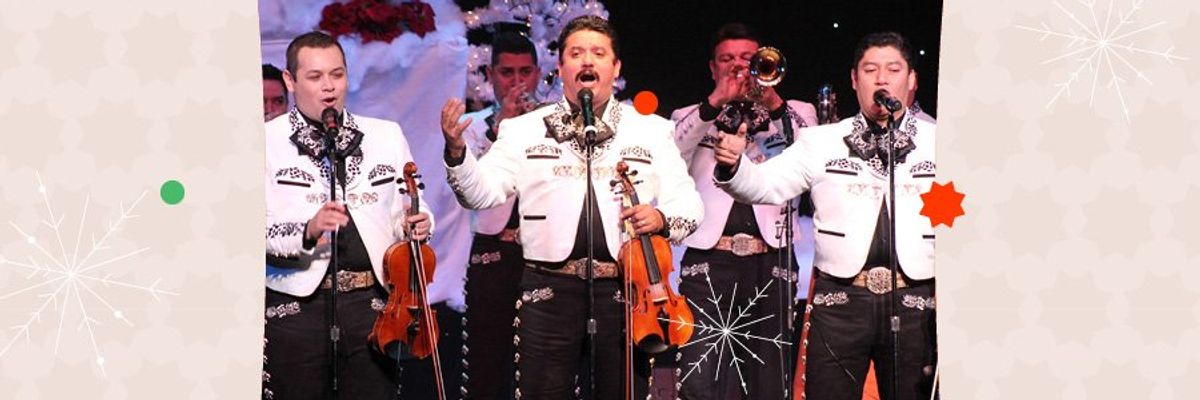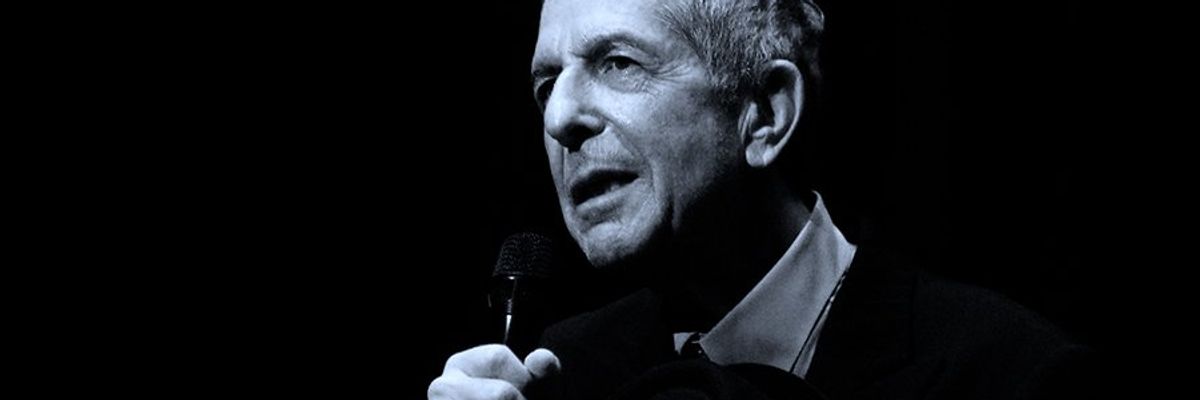John Cena may be a four-time W.W.E. world champion and an accomplished hip-hop star – his 2005 debut, You Can’t See Me, was certified gold, and helped earn him the distinction of being the only professional wrestler ever to perform on BBC’s Top of the Pops – but that’s hardly sapped his seemingly boundless ambition.
After enjoying modest success with The Marine, his 2006 big-screen debut, the W.W.E. poster boy returns to theaters this Friday in 12 Rounds, a high-octane thriller directed by Renny Harlin. For Cena, who turns 32 in April and is about to marry a woman he met at 19 – just two years before leaving his West Newbury, Mass., home for Hollywood with a Lincoln Continental and not much else – the biggest difference the second time around as an actor involved embracing a character far more vulnerable than the unflappable warrior he played in Marine.
It was a challenge Cena, who concedes he has much to learn about being a movie star, welcomed with open, exquisitely muscular arms.
On the differences between 12 Rounds and The Marine:
"They're both action movies, just in case there was any confusion about that. But The Marine was almost a gag, really. The action was so unbelievable, and I was basically playing the Terminator. This film is very different. I'm still me, of course. I’m six feet tall and 250 pounds, but even if I look like the Terminator on screen, there’s a very human side to my character in 12 Rounds. He's a beat cop who made the bust of his life by accident, and he's thrust into an impossible situation he doesn't know how to handle. He's not the most unstoppable force on the face of the earth, which is essentially what I played in The Marine."
On his shortcomings as a screen actor:
“The role demanded a certain amount of subtlety, and I wasn’t sure I could do it. The smallest movements on the screen have such an incredible impact simply because the screen is so large. It's not like that on TV, and I didn't have any reason to restrain myself in The Marine. So I walked into Renny's office on day one and told him to keep a close eye on me, to tell me when I sucked. He didn’t pull any punches, and his honesty made me a better actor. But remember, this is only my second film. I still don't feel comfortable in front of the camera, to the point where I'll solicit anyone's advice if I think it will help. My goal is to make the best film possible."
On the seedy and, in some cases, drug-ridden underbelly of professional wrestling, as depicted in Darren Aronofsky's
The Wrestler:
"I loved the film, and I thought Mickey Rourke's performance was great. It really captures the essence of American sports entertainment, but there was a lot of stuff left out, particularly when it comes to wrestling's grandest stage, the W.W.E. We do business there a different way."
On the character he plays in the ring, and how closely it reflects his off-camera persona:
"Some places I get cheered and some places I get booed, but the guy you see in the ring, that's me. All my personal attributes are there. I'm a hardworking kid who doesn't take shortcuts, who was raised with a certain set of morals and values. That's what I showcase in our televised events, and right now our audience enjoys that. A couple years from now, they might hate it, but that doesn't change who I am or what I stand for. It just means there's been a change of opinion, and that's what I love about our business. The fans get to decide what they like and what they don't, and they have no reservations about letting us know how they feel."
On his relationship with controversial W.W.E. Chairman Vince McMahon:
"I admire his work ethic. He's certainly a role model for me. I look up to the way he does business, the way he carries himself as a professional and the way he's handled his company over the years and turned it into a global phenomenon. I enjoy working for him and his family."
On the prospect of subjecting his body to a lifetime of wrestling:
"Every athlete knows when to walk away, so I've never established a timetable for exiting the ring. But look at a guy like Ric Flair – he's like AC/DC and the Rolling Stones. He can still perform, and the fans still want to see him perform. When the Stones play a show, it's going to sell out. When Led Zeppelin gets back together, they'll sell out, too. It doesn't matter how old they are, there will always be an audience for them. Ric is the same way. His career has no end in sight – he can still function outside the ring, and he can still compete when he's in the ring. That's what I want."
On balancing a burgeoning film career with his W.W.E. responsibilities:
“I love wrestling because of the thrill of doing live television. It’s so unpredictable. I love the fans, the spontaneity and the showmanship. There's something indescribably thrilling about stepping out from behind that curtain and knowing that you're in for a completely unique, unforgettable experience. I could fight you 200 times, but every time we meet it's going to be a new adventure. We're entertainers, and we have no problem acknowledging that, but anything can happen in the ring.
"I want to be a full-time actor and a full-time wrestler. There are stigmas attached to both, but they don’t concern me. I filmed The Marine in Australia and 12 Rounds in New Orleans, and I never missed a W.W.E. commitment. I’m not about to start now. If you look at someone like The Rock, we get him to show up at an event maybe once a year, if that. I’m going to be much more involved. I love being part of the W.W.E., and I can’t think of a single reason why I’d ever want to distance myself from it.”




















